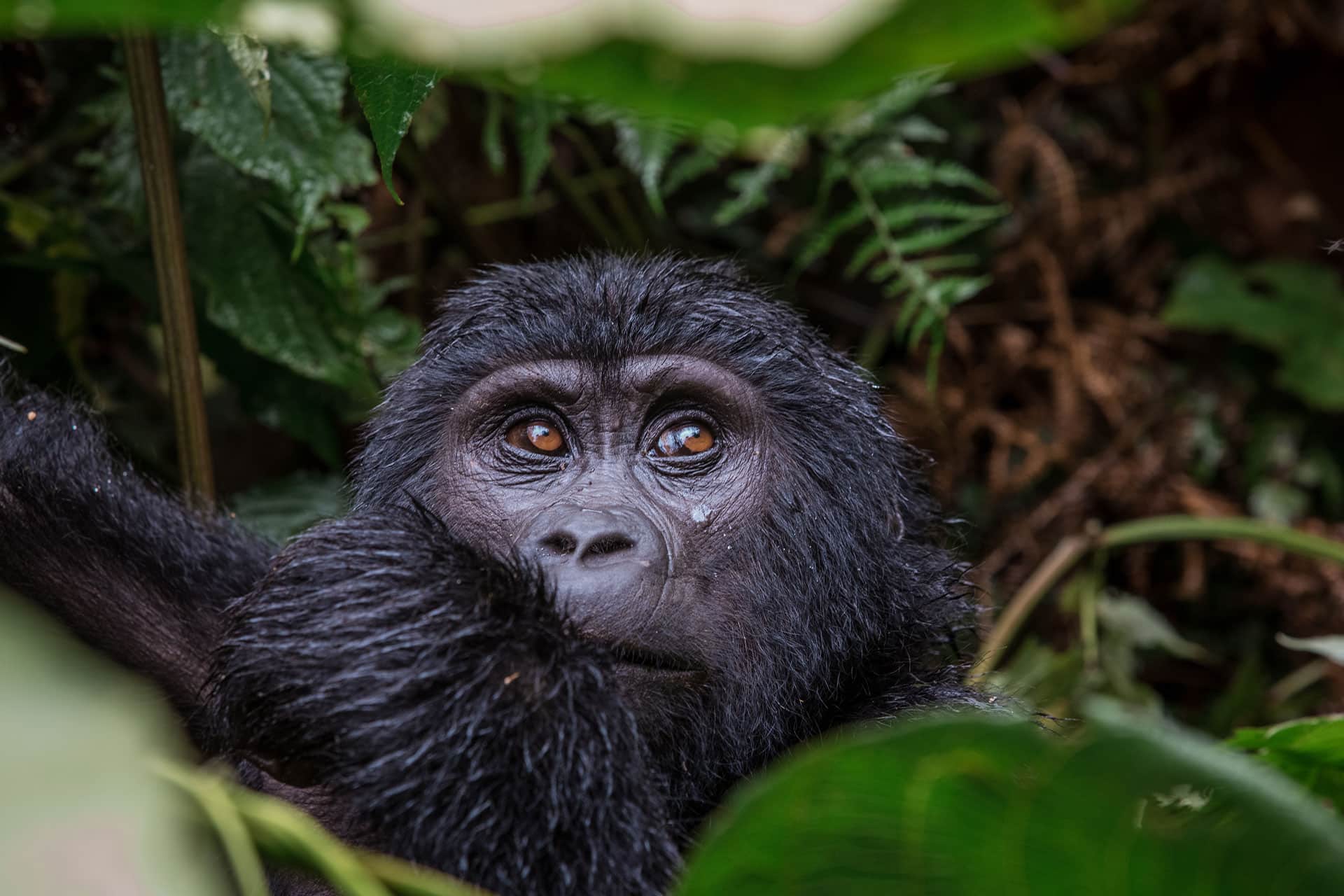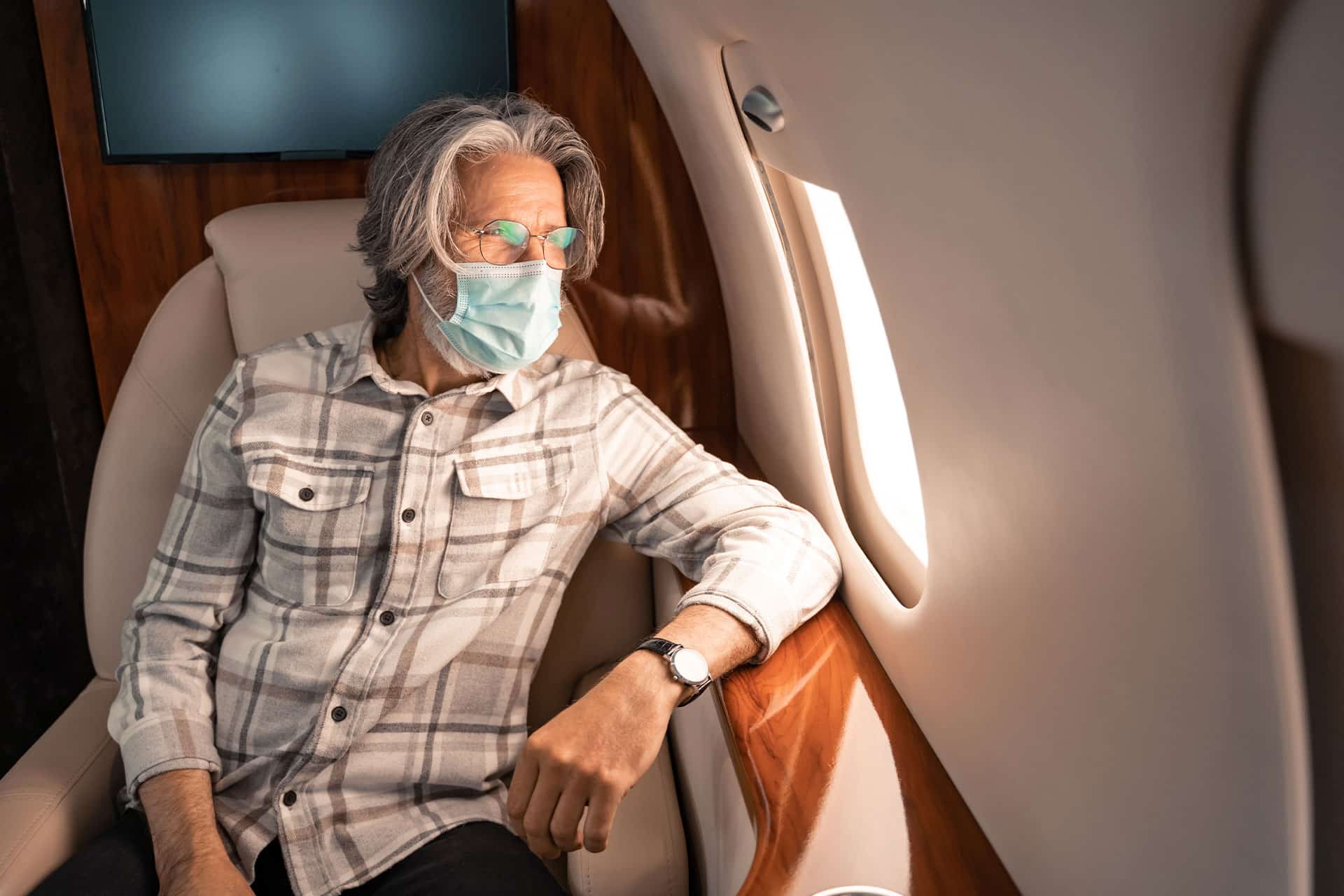Ker & Downey Africa > Journal > Vaccines in Africa
The word ‘vaccine’ is on everybody’s lips at the moment. Truth is, vaccines in Africa have been around a long time. When booking a safari or island adventure to the remote regions of this magical continent, one often experiences a surge of excitement coupled with a hint of trepidation. “Will I get sick?” The answer to that question is most likely not, but there are some necessary precautions to consider to ensure optimal health during your trip.
When traveling anywhere in the world, it is advisable to seek out sound medical advice prior to your trip. Before your adventure to Africa, be sure to consult your doctor, travel clinic and LuxVenture® designer. They will be able to tell you exactly what to look out for in the regions you’re visiting and offer up all the valuable information you need to know prior to your trip.
In the meantime, we have put together some useful information about vaccines in Africa and some of the most common health precautions to consider:
It’s important to consult your physician to ensure that regular vaccinations – such as tetanus, influenza, and MMR – are all up to date before traveling in Africa.
While the risk and prevalence of these diseases may not be of concern where you are from, there is always more risk when visiting developing countries that may not have had as much exposure to the long-term vaccines as you.

PLEASE NOTE: If you are visiting the mountain gorillas in Rwanda or Uganda for example, it is absolutely important to be in excellent health. A common cold or flu could seriously damage these sensitive creatures who are extremely susceptible to human infections.
Most commercial airlines flying into Africa still require travelers to produce a negative COVID-19 PCR test conducted within 72 hours of departure.
However, with the vaccine rollout steadily underway across the globe, we are hopeful that the strict protocols will be eased as the vaccine’s effectiveness is evaluated more thoroughly.

Until this happens, each country in Africa has its own set of COVID-19 entry requirements. These are being updated daily by our team of travel experts and can be viewed HERE.
Yellow fever is most commonly found in the ‘yellow fever belt’ in Africa and Central and South America. It is a disease spread by a particular species of mosquito found in these regions only. The vaccine for yellow fever has been tested and proven to be highly effective. It is available from most travel clinics around the world and lasts 10 years.
| Angola | Congo | Guinea | Nigeria |
| Benin | Cote d’Ivoire | Guinea-Bissau | Senegal |
| Burkina Faso | DRC | Kenya | Sierra Leone |
| Burundi | Equatorial Guinea | Libya | Southern Sudan |
| Cameroon | Ethiopia | Mali | Sudan |
| Central Africa Republic | Gabon | Mauritania | Togo |
| Chad | Gambia | Niger | Uganda |
Though a yellow fever vaccination is not a standard requirement for those traveling into many countries in Africa, there are certain countries – particularly in East Africa – that have made it mandatory.
| Republic of Congo | Kenya | Rwanda | Uganda |
| Botswana | Madagascar | Mauritius | Namibia |
| Seychelles | South Africa | Tanzania | Zambia |
| Zimbabwe |
Yellow fever certificates must be produced for all travelers over the age of one year and are valid for 10 years. Failure to produce a valid yellow fever vaccination certificate at a port of entry could lead to refusal of entry, or quarantine until the traveler’s certificate becomes valid. The quarantine will not be longer than six days.
There are many parts of Africa that are considered high-risk Malaria areas. This disease is spread by being bitten by an infected female Anopheles mosquito and the risk is highest when mosquitoes are prolific – particularly during hot and humid months.
We advise you to first consult with your LuxVenture® Designer to check if you are visiting an affected area. If so, contact your physician about Malaria prophylactics before traveling.
There is no vaccination for Malaria, but antimalarial medication has been tested and proven to work.

PLEASE NOTE: Scuba diving after your trip might affect the type of antimalarial you may be prescribed.
If you want to avoid traveling in a malaria area entirely, there are plenty of great malaria-free safaris to choose from.
In conclusion, it is important to always double-check the health and safety requirements for the destinations you’re visiting. You can do this with your LuxVenture® Designer, doctor and travel clinic before your trip. Not only will this give you peace of mind during your travels, it will also ensure that your thrilling adventure is one for the books! See you out there.
Ker & Downey® Africa is compliant with COVID-19 Industry Protocols.


Head office: 7 Bree Street, 6th Floor, Touchstone House, Cape Town, South Africa
+27 (0)21 201 2484
enquiries@ker-downeyafrica.com
United Kingdom: Sportsman Farm, St Michaels, Tenterden, Kent
Ker & Downey® Africa is compliant with COVID-19 Industry Protocols.